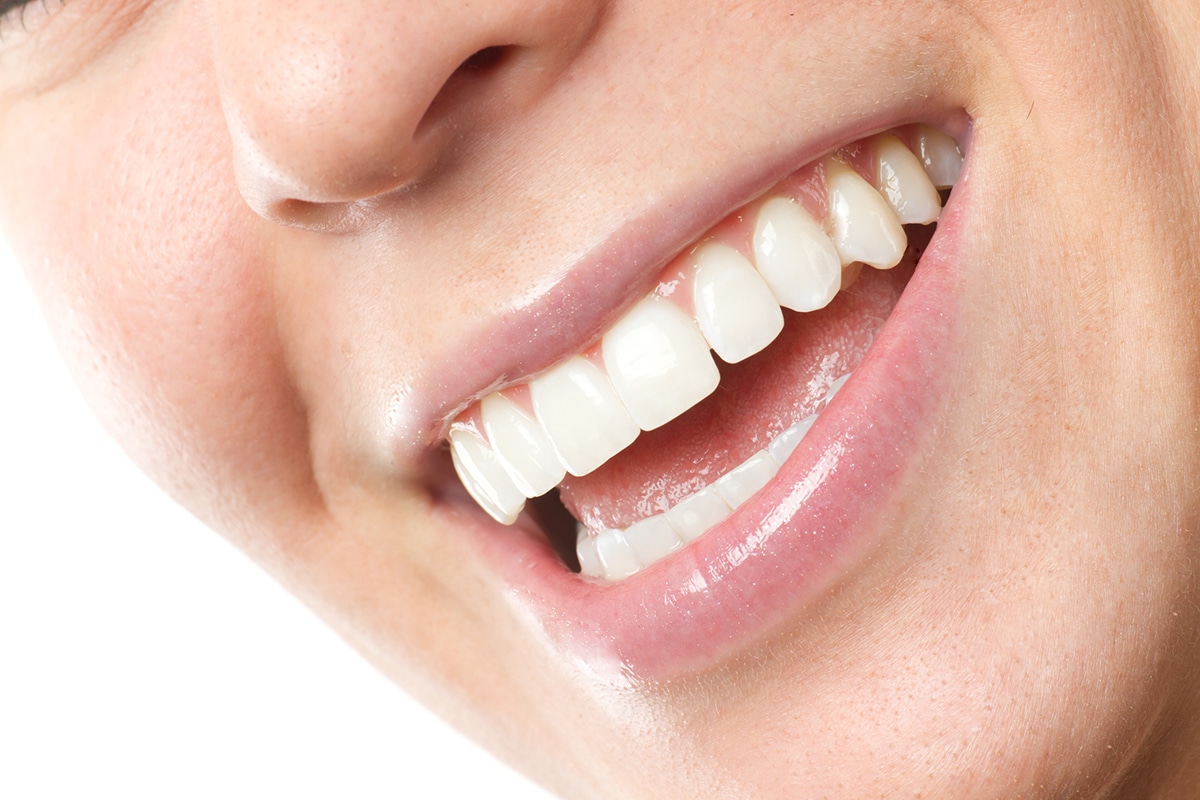How Long Do Dental Veneers Last?

In home renovation, the term “veneer” means to improve a surface by covering it with a more desirable or decorative outer layer. In dentistry, veneers are essentially the same thing, but for your teeth. Thin layers of porcelain are attached to the front sides of the most visible front teeth, concealing imperfections and giving you a more natural and improved smile.
If you’re considering dental veneers, you may be wondering how long they will last. When you make an investment in your smile, you want to know that it’s worth it. Learn how many years you can expect to get out of a set of dental veneers.
What Are Dental Veneers?
Dental veneers are covers for your front row of teeth. Unlike a crown that covers the entire tooth, veneers only attach to the front of teeth that have a flat surface. They wrap slightly around the sides and biting edge of the teeth. The purpose of veneers is to conceal imperfections and provide a uniform look.
Types of Veneers
There are 3 main types of dental veneers:
- Porcelain. The highest quality veneers are made of porcelain. It is durable and closely resembles natural tooth enamel.
- Composite. Veneers can be made of composite resin, the same material that is used to fill cavities and repair damaged teeth.
What Can Veneers Hide?
- Stains. Veneers can conceal stains on teeth that can’t be removed with whitening treatments.
- Gaps. Veneers can close gaps between teeth without having to undergo orthodontic treatment.
- Mild misalignment. Teeth that are slightly crooked or misaligned can be corrected with veneers.
- Chips. Veneers can cover chips in teeth that are small enough that they don’t need restorative treatment.
- Uneven lengths. Teeth that are uneven due to wear or damage can be made to look even with veneers.
Average Lifespan for Veneers by Type
- Porcelain veneers: 10-15 years. Porcelain veneers have the longest life expectancy of any material because it is extremely strong and holds up to biting and chewing.
- Composite veneers: 5-7 years. Composite veneers are not as strong as porcelain and more likely to chip, stain, and wear down over time.
Getting the Most Out of Your Veneers
Here are some tips for helping your veneers last as long as possible:
- Don’t bite or chew hard or crunchy foods with your veneers. Use your back teeth to chew these types of foods.
- Don’t chew on non-food items, including ice, fingernails, pen caps
- Brush your veneers as well as your teeth twice a day.
- See your dentist twice a year for routine cleanings.
- Wear a mouthguard for playing sports.
- Wear a night guard if you grind your teeth.
Frequently Asked Questions About Dental Veneers
Are dental veneers covered by insurance?
Veneers are considered to be a cosmetic procedure, so dental insurance doesn’t cover them. Financing is available to make the cost more affordable so that you can pay for them gradually over time.
Am I a candidate for dental veneers?
To be a candidate for dental veneers your teeth must first be healthy, meaning any needed restorative procedures must be done first. Veneers are most effective for mild to moderate imperfections in your teeth. For severe misalignment or large gaps between teeth, orthodontic treatment may be necessary.
